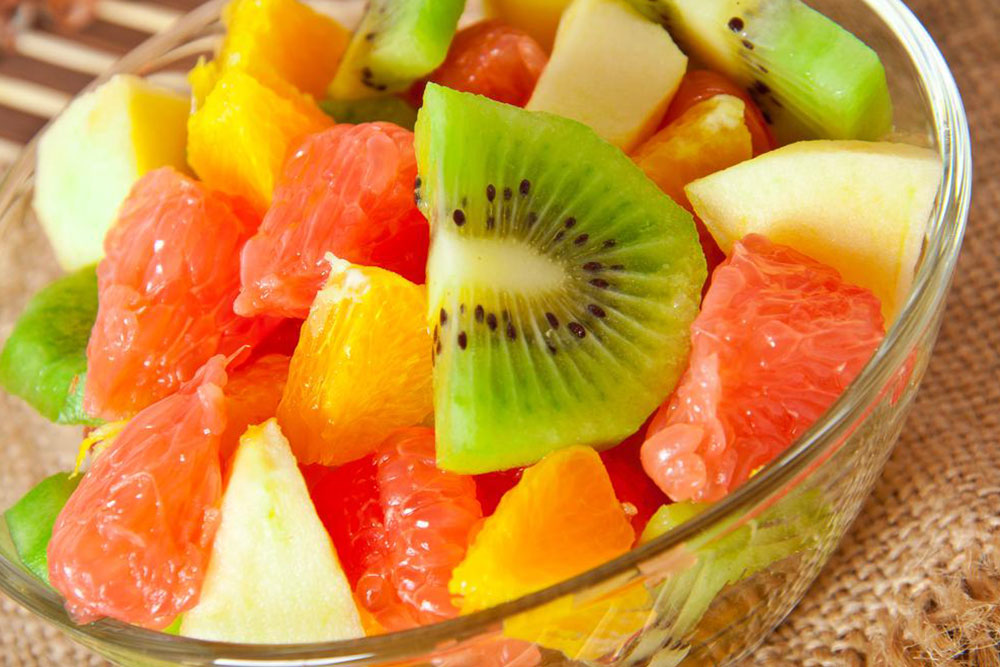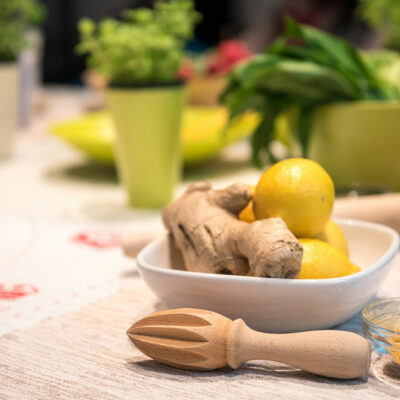
Diet for Gout – Best and Worst Foods
Gout is a form of arthritis which involves swelling, pain, and inflammation of joints. Most gout cases tend to affect knees, heels, fingers, wrists as well as the big toes. It is estimated that about 8.3 million citizens in the country face the problem of gout. Usually, the symptoms of gout occur when a person’s blood has excess uric acid in their body. This acid is a waste product the body makes while digesting certain foods. So, when the levels of uric acid are high, some crystals of it accumulate in the joints, triggering intense pain, swelling, and inflammation. Luckily, one can control this health problem with some lifestyle changes, effective gout diet plans, and medications. This article will review the best foods for gout including the foods you should exclude from your diet.
Understanding how diet affects gout
When you have gout, some food can trigger an attack by increasing the levels of uric acid in your body. Trigger foods are often high in purines, and when digested, the waste product formed is uric acid. Healthy people don’t have to worry about excess uric acid because their bodies can efficiently get rid of it. However, a person with gout cannot effectively remove excess uric acid, and this leads to a gout attack. Luckily, research has shown that taking the right medication and avoiding a high purine diet can prevent gout attacks.
Best foods to include in your diet to fight gout
Although an anti-gout diet eliminates most foods, there are a lot of low purine foods one can still enjoy. Low purine foods are the ones that have at least 100 mg of purines/100 grams (3.5 ounces). Here is a list of gout foods you should include in your diet.
- Vegetables: One can have most types of vegetables like mushrooms, peas, potatoes, dark green leafy vegetables, and eggplants.
- Fruits: Just like vegetables, all fruits are usually good for gout. In fact, fruits like cherries may prevent a gout attack by lowering the level of uric acid and minimizing inflammation.
- Whole grains: It includes barley, brown rice, and oats.
- Nuts: All types of seeds and nuts are safe.
- Legumes: Legumes like beans, lentils, tofu, and soybeans are also fine.
- Beverages: One can drink green tea, tea, and coffee.
- Dairy products: Although all dairy products are safe, people with gout should try and pick low-fat dairy products.
- Plant-based oils: The best diets for gout include coconut, olive, flax, and canola oils.
- Herbs and spices: It is safe to consume all types of spices and herbs.
Use any of the food products mentioned above to create the best diet for gout.
Foods that are excluded from the best diets for gout
You can minimize the chances of gout attacks by being choosy about the food and drinks you take. Listed below are some types of food you should avoid. These foods contain over 200mg of purines per 100 grams. You also need to avoid all high fructose foods including moderately high purines foods that have approximately 150 to 200 mg purines per 100 grams. Here are some major moderately high purine foods, high fructose foods, and high purine foods to avoid.
- Game meats: These include venison, veal, and pheasant.
- Sugary beverages: People with gout should avoid sugary sodas and fruit juices.
- Added sugars: These include high fructose corn syrup, honey, and agave nectar.
- Fish: Fish like tuna, herring, sardines, trout, haddock, anchovies, mackerel and many more are bad for gout patients.
- Other types of seafood: People with gout should avoid shrimp, roe, scallops, lobster, and crab.
- Yeast: Brewer’s yeast, nutritional yeast or other types of yeast supplements are excluded from the best diets for gout.
- All organ meats: Do not consume brain, kidneys, liver, and sweetbreads when you have gout.
- High fructose products: Food like ice cream, fast foods, cereal, and some juices are bad for gout.
- Grain liquors: Gout patients should avoid whiskey, vodka, and beer
Foods you can take in moderation
Apart from game meats, organ meats, and some types of fish, one can consume other meats in moderation. However, you must ensure that you limit yourself to 115–170 grams (4–6 ounces) of these in a week. These foods have moderate amounts of purines, meaning, too much of it can still trigger gout attacks. When it comes to meats, you can eat beef, lamb, chicken, and pork. Other types of fish you can eat in moderation include canned or fresh salmon because it generally contains low levels of purines.
Following the best diet for gout helps to reduce uric acid production and enhances its elimination. Such a diet isn’t going to help you lower the uric acid concentration in the blood, but with medication, you will be able to minimize gout attacks or limit their severity. Before you can settle for gout diet plans, make sure it helps you attain a healthy weight and encourages better eating habits. Avoid foods with purines and include foods that can help control uric acid levels. A great rule of thumb is eating moderate portions of healthy foods and getting regular exercise.


